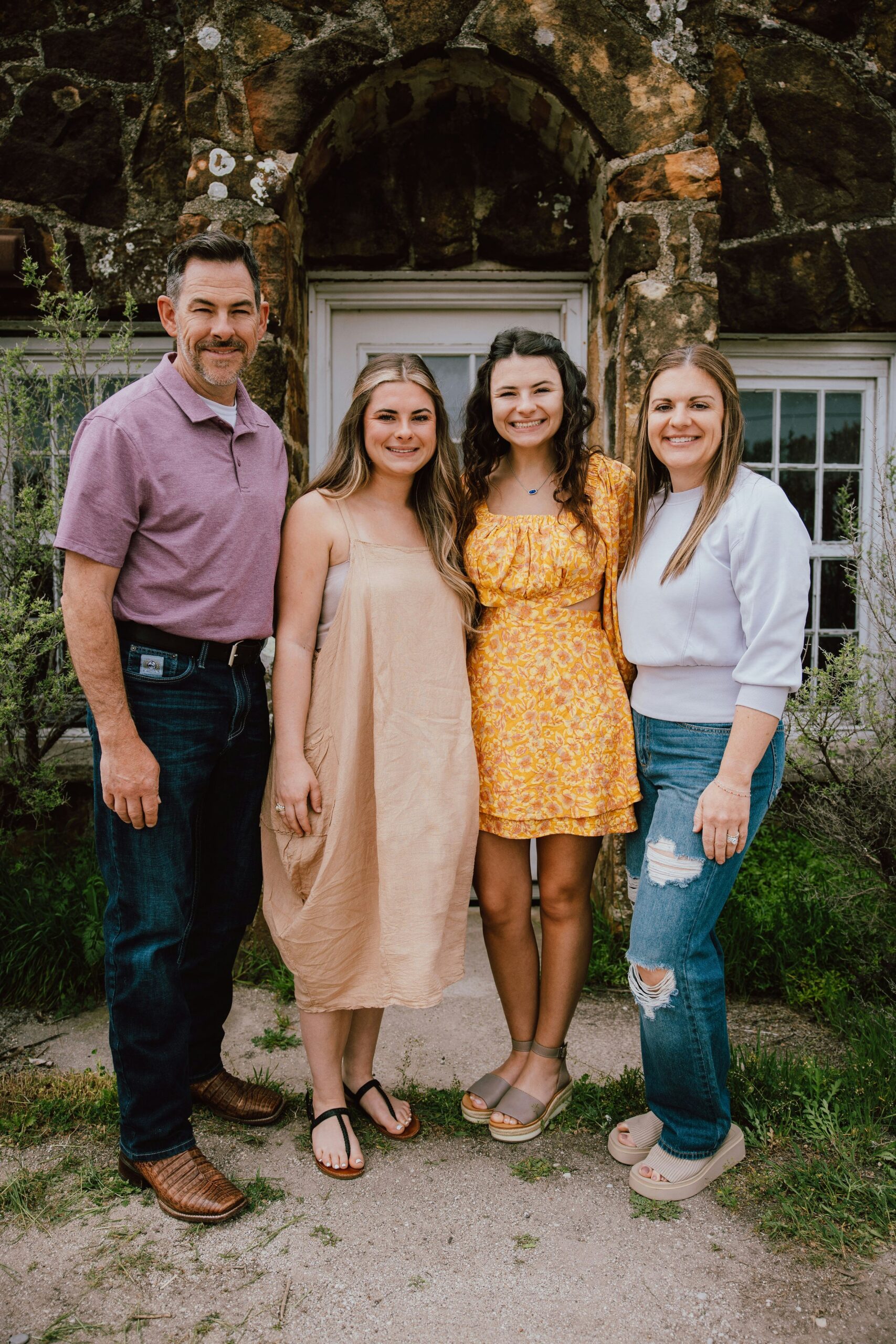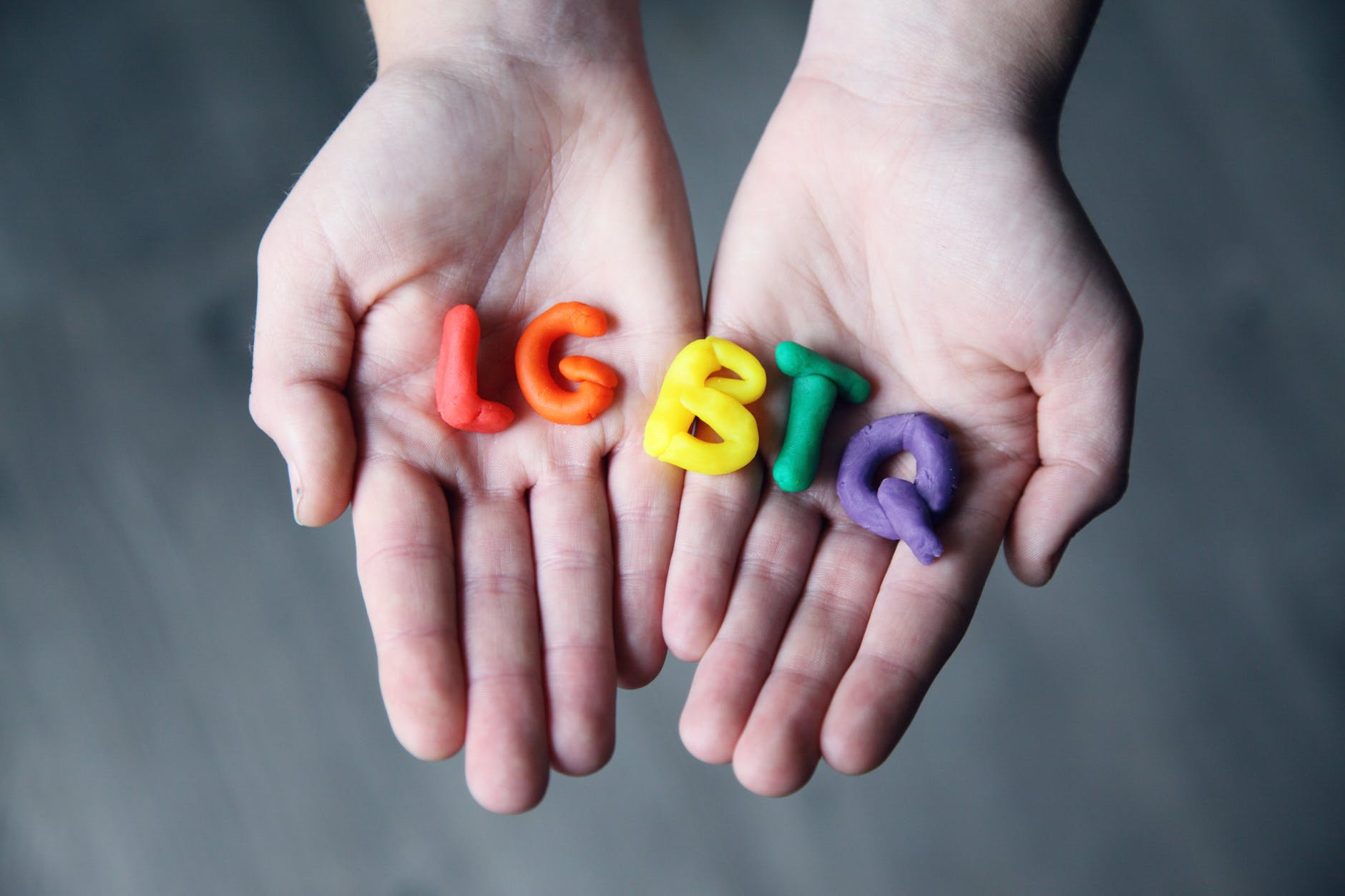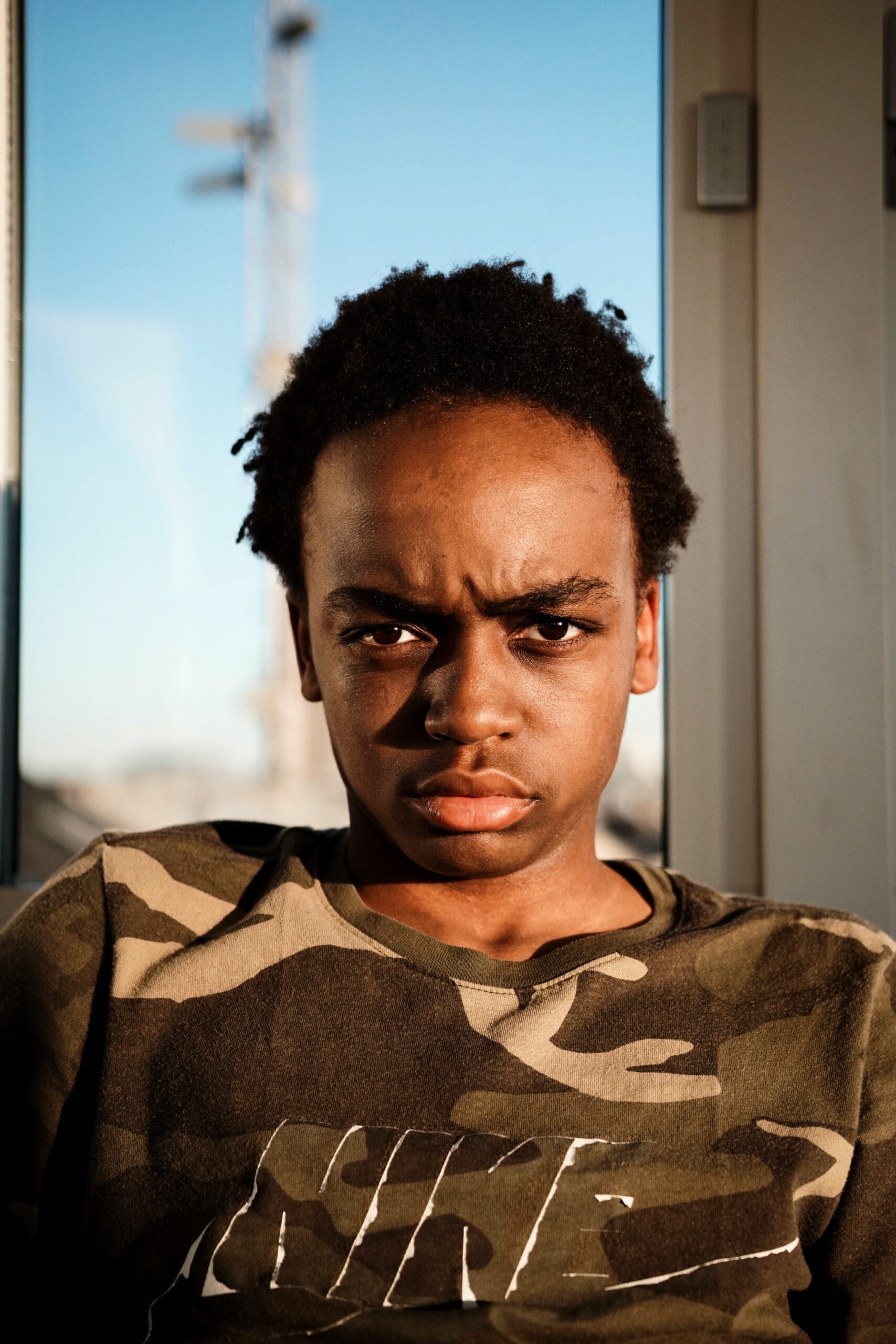Because a wellness check shouldn’t be a death sentence.
By Al Donato
Every time Asante Haughton leaves his home, he sees someone in distress. For the Jamaican-born #mentalhealthadvocate, encountering a person experiencing homelessness going through a bad #mentalhealth episode in public happens often in his Toronto neighbourhood. What’s also common, Haughton said, is seeing them become victims when #police get involved.
Who do you call during a #mentalhealth emergency? Dialing 911 seems like the only possible action concerned Canadians can take, but doing so has shown to have fatal consequences for those most marginalized. In the past few months, Canadian #police have killed five #Black, Indigenous, and people of colour (BIPOC) during wellness checks: D’Andre Campbell, Rodney Levi, Regis Korchinski-Paquet, and Chantel Moore.
The latest dead is Ejaz Choudry, a Pakistani immigrant killed in his home by police last week. And according to a recent lawsuit filed by B.C. nursing student Mona Wang, having an #anxiety attack in January led to injuries caused by an RCMP wellness check.
“Wellness checks” are defined as #police responding to concerns that a person is having a #mentalhealth emergency. As Global News reports, when police take someone into custody under their provincial #mentalhealth act, handcuffs are usually involved.
#JamesDonaldson notes:
Welcome to the “next chapter” of my life… being a voice and an advocate for #mentalhealthawarenessandsuicideprevention, especially pertaining to our younger generation of students and student-athletes.
Getting men to speak up and reach out for help and assistance is one of my passions. Us men need to not suffer in silence or drown our sorrows in alcohol, hang out at bars and strip joints, or get involved with drug use.
Having gone through a recent bout of #depression and #suicidalthoughts myself, I realize now, that I can make a huge difference in the lives of so many by sharing my story, and by sharing various resources I come across as I work in this space. #http://bit.ly/JamesMentalHealthArticle
#Mentalhealth response teams do exist, but involve #police
Bromberg, who’s also the Canadian national coordinator for the International Mobile Response Association (IMSA), has researched mobile crisis teams around the world. In Canada, Mobile Crisis Intervention Teams (MCIT) and similar team models deployed by emergency services always mean a police officer will be involved; #mentalhealthworkers are partnered with cops to answer calls, which doesn’t please critics who want anyone armed out of the equation altogether.
In cities like Toronto, these response teams are never the first on the scene of a 911 call and only available during office hours, which organizations like the Institute for Advancements for #MentalHealth (formerly known as the Schizophrenia Society of Ontario) have long decried.
There are response teams made up of solely #mentalhealthexperts; mobile interventions by unaccompanied trained professionals are run by non-government organizations, like Toronto’s Gerstein Crisis Centre or Montreal’s Tracom, but they have limited resources and can’t always respond immediately.
While no non-police alternative for #mentalhealth emergencies may be immediately available on a national scale, Canadians worried about #police violence may want to be aware of what experts do when someone is in crisis and emergency services aren’t the first option or are still on their way.
HuffPost Canada spoke to Canadian #mentalhealthworkers experienced in de-escalating those in crisis without hurting anyone or being armed. They shared strategies they exhaust before calling 911 as a last resort. Not all tactics may be adaptable and Canadians shouldn’t take on safety risks they’re uncomfortable with. Be honest with your comfort levels and experience before attempting to help, as your actions can exacerbate a situation if conducted without care and when possible, leave anything you can’t handle to someone with training.
Unlearn stereotypes about #mentalhealth and violence
The widespread belief that people with #mentalillness are violent is false, Harvard Medical School research finds. In fact, the Canadian #MentalHealth Association (CMHA) states that they’re more likely to be victims of violence.
Make the person in crisis feel safe with your presence
If someone is in crisis, how are you physically reacting to their emotional state? And what tone of voice are you using?
These are questions Steven Parker from Ottawa social service organization Shepherds of Good Hope uses when teaching staff members non-violent crisis intervention strategies.
“Just being physically present is an intervention, don’t take that for granted,” Parker advised. “The message that people in distress actually receive are in our non-verbal communication, not necessarily in what we say.”
There’s no playbook for navigating #mentalhealthcrises, Parker said, as being emotionally attuned to someone’s needs and having a previous, positive rapport will be a bigger factor in calming someone. In the case of several deaths related to #police killings of Canadians, the family members of Choudry and Korchinski-Paquet have criticized officers in the media for refusing loved ones’ entry into homes to help de-escalate.
#Mentalhealthexperts who are trained like Parker or support peers, such as family members who have assisted de-escalation before, will have more experience gauging the best ways to adapt their presence to the type of distress someone is experiencing.
What can be done by anyone and make a world of difference is body language: Making non-threatening eye contact, unfolding arms, and not raising your voice can keep tensions from getting worse.
Avoid overreacting (or underreacting)
It’s human nature to respond to perceived aggression, such as someone yelling at you for a reaction, with anger. Crisis Prevention Institute (CPI) advises against overreacting or getting into a power struggle because of flaring tempers, as giving in to these emotions and arguing will only escalate bad moods or unstable thinking.
It’s also worth not overreacting to behaviour that may be alarming to you because it seems eccentric, but is harmless. Similarly, immediate danger should be recognized as such.
“When people act weird or lose their minds, it is easy to overreact. It’s also easy to underreact,” states a crisis guide by #mentalhealthadvocacy group The Fireweed Collective. “If someone is actually seriously attempting #suicide or doing something extremely dangerous like lying down on a busy freeway, getting the #police involved might save their life. But if someone picks up a knife [to feel safer, but isn’t using it] and is walking around the kitchen talking about UFOs, don’t assume the worst and call the cops.”
If a supporter needs to calm themselves in order to help someone in crisis, it may be helpful to follow CPI’s directives for keeping cool under pressure: Slow and deep breathes can help, as does assessing the situation in terms of what dangers are or are not likely. Sometimes, waiting out a crisis with supervision or allowing the person to express themselves (as long as it doesn’t endanger anyone) may be the safest route for all involved.
Remember that people are people
For some marginalized people it may be reassuring to see someone they have a shared background with. In Fader’s experience running a drug user resource centre, this helped ensure people weren’t dehumanized.

“Say an Indigenous man needed de-escalating, we always made sure somebody Indigenous was a peer or a worker, someone part of the conversation,” she said. “If there was a woman, there would always be a woman on the team. That’s just part of respect. Remembering that people are people works so much of the time.”
Part of that respect can look like taking care of their basic needs. Offering them water, food, or helping them fall asleep might ease them. It can also involve taking care of them once the crisis subsides, as well as keeping tabs on them if external parties get involved.
Respect what they’re going through
Don’t get hung-up on saying the right thing to comfort them, but do make sure you aren’t saying anything invalidating, Haughton said.
“People become agitated because people are not listening to them,” he said. For example, if someone hallucinates, hears voices, or believes delusions, refuting what they experience can escalate the situation. “What works for me and what I’ve been taught is to listen and provide space for the person. What they’re experiencing is very authentic to them at that moment.”
Phrases like “I can’t see them but I know you can,” which the Connecticut #MentalHealth Center suggests, can be useful, unlike invalidating statements like “That’s not real.”
People with weapons aren’t necessarily going to use them
As unarmed social service workers, Tanya Fader and her colleagues have de-escalated people with weapons hundreds of times. Fader, who is the director of programming at PHS Community Society in Vancouver, says they’re able to do so because of their situational assessment skills.
“Are they having a psychotic break? Are they a danger to themselves and others, or are they just holding it?” she said, as an example. “Are they holding a knife for their own sense of security, to feel safer, or to use it?”
If someone is holding a weapon to feel safer, there are phrases that can promote everyone’s wellbeing, as the Centre for Addiction and Mental Health’s Dr. Brittany Poynter illustrates.
“Instead of saying, ‘No weapons allowed here, give it to us or we’ll call the #police,’ I might say: ‘I’m so glad you’re at the hospital. You’re in a safe place now,” Poynter wrote for the Toronto Star. “We’re going to hold on to the knife for you, so that we can all be safe. Let’s sit down and talk.’”
Trauma-informed approaches are necessary
One of the co-founders of PHS Community Society had a famous saying when it came to de-escalation: “Remember, it’s about their pain.”
“People tend to go, ‘Oh, they’re threatening me.’ No, it’s not about you,” Fader explained. “They’re really suffering.”
“Are they holding a knife for their own sense of security, to feel safer, or to use it?”- TANYA FADER
Both Fader and Parker’s organizations operate from trauma-informed frameworks, which takes into account how prior trauma can affect someone and avoids re-traumatizing someone when providing services — an approach not necessarily at the forefront of law enforcement strategies or laypeople’s minds, when crisis can seem scary and uncomfortable from the outside looking in.
For the two of them, addressing the root causes of a #mentalhealthcrisis involves putting more resources into anti-poverty work and #mentalhealthcare.
Fader said that addressing trauma often starts in childhood and needs to take culture into account. For Indigenous populations, family removal, abuse, and settler-colonialism can lead to someone adopting survival behaviours that may lead to self-harm later in life, Fader noted.
Know when others should step in
As mentioned above, attempting to de-escalate without experience and training may cause more harm than good. If you feel unable to stay calm enough to be helpful or can sense the situation is escalating beyond your capabilities, consider calling someone for help.
If the person in crisis is a loved one with support networks, it might be worth calling friends or family with more experience, their case or social worker, as well as anyone they trust.
Should the person be a stranger, there are crisis helplines available nationwide. But if #police presence is a concern, it’s worth keeping in mind that their involvement may occur depending on what’s described over the phone.
Understand the lingering effects of trauma
If a Canadian decides to call in another party on a loved one, such as the #police, they should consider how their friend or family member may have previously experienced harm during #mentalhealth interventions with strangers.
Bromberg has worked in the #mentalhealth field for several years. When fielding crisis lines, she often worried about a caller’s safety when dispatching #police which crisis line workers are legally obligated to do when someone is in imminent danger, Fader and Bromberg confirm.
“I have heard so many clients tell me about how scary it was when #police showed up yelling, tackling and handcuffing them,” she said. “They had nightmares and develop #PTSD from that. Every time when they see a #police officer walking down the street, they start shaking and crying.”
Canadians can get training
There’s no national resource that provides trauma-informed #mentalhealth first responder training, but Fader hopes ongoing discussions about #mentalhealth lead to it.
Until that happens, Canadians may find it helpful to equip themselves with de-escalation skills through training sessions like NVCI; Parker recommends taking a #mentalhealth first aid course and a #suicideprevention program similar to Ottawa’s safeTALK.
Many people who have experienced #mentalhealthstruggles and abuse due to #police or institutionalization have found solidarity and support in peer-led groups like the Hearing Voices Cafe and supporting advocacy by the Mad or psychiatric survivor/user/consumer movement.
Open Table Nashville released a trauma-informed guide for protestors de-escalating at events, which include examples of effective questions to ask such as, “If being here is not working out for you, can I help you get somewhere else?” or diverting attention with safe distracting topics.
Want to get involved with advocacy? For the Reach Out Support Network, they’re hoping Canadians email them at toronto.reachout@gmail.com if they’re looking to support or learn more about how non-police #mentalhealth alternatives can look like.
Are you in a crisis? If you need help, contact Crisis Services Canada at their website or by calling 1-833-456-4566. If you know someone who may be having thoughts of #suicide, visit CAMH’s resource to learn how to talk about #suicide with the person you’re worried about.



